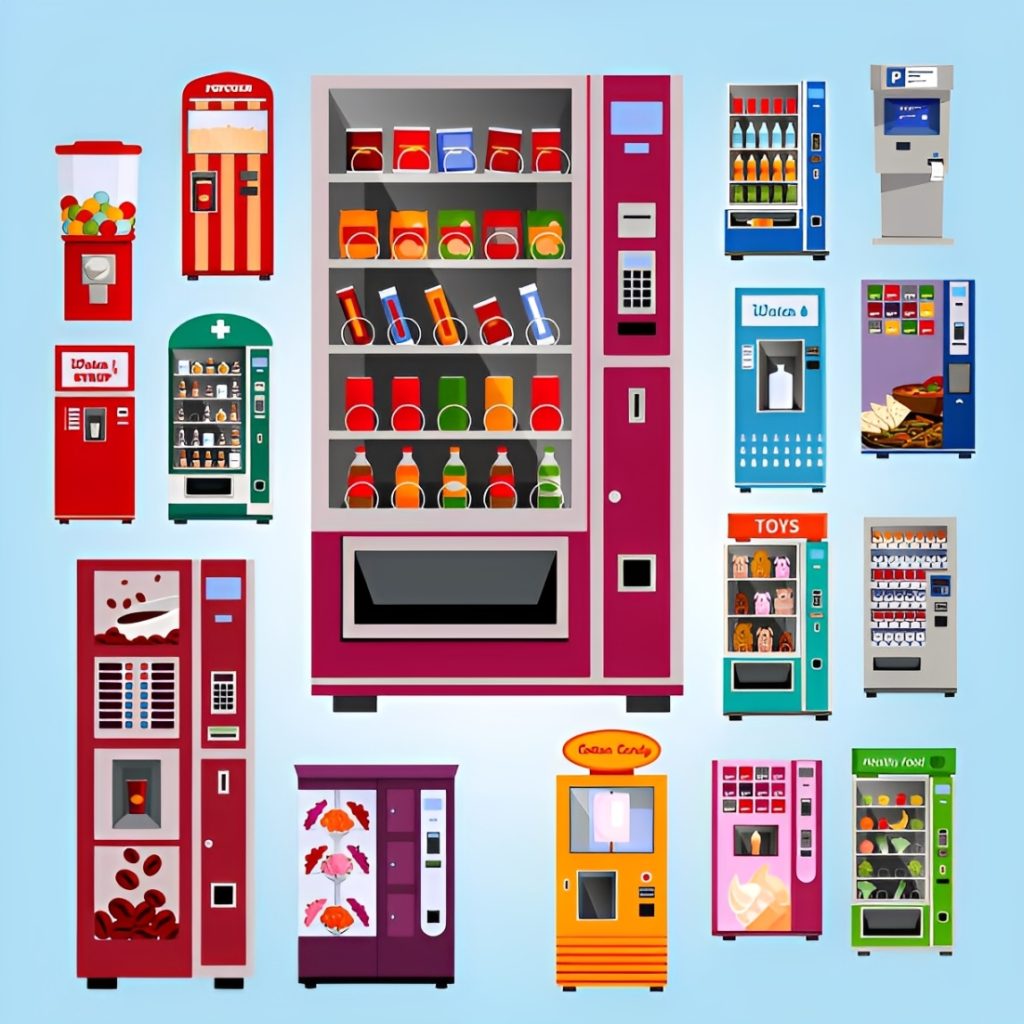
What Is Ticket Vending Machine – The Smart Way to Simplify Travel and Events
In the modern world, convenience and efficiency have been paramount. Step on the ticket vending

Vending contracts can be confusing. Learn in simple words about contract lengths, commissions, service rules, and tips to get the best deal.
If you have a plan to add vending machines to your business, you will need to sign vending contracts. Vending machine contracts are agreements between your business and the vending company. This tells how long a machine will be available, how profits will be divided, and who will be responsible for service and repairs.
These vending contracts can be a good value for both parties. Your customers, staff, or students receive quick snacks and beverages. However, you can also earn further revenue from your business. But before you sign the contract, you should know what it is made of. This guide explains vending contract terms, commission rates, performance clauses, and tips for negotiating in simple terms.

A vending machine agreement or contract is a written agreement between a business and a vending company. It determines how the vending machines will be installed, used, and maintained. The reason why such a vending deal is important for businesses is that it would help secure both parties involved.
The contract usually covers:
The vending contracts aim to ensure that both the business and the company vending understand their respective roles and responsibilities.
One of the most important aspects of any vending machine contract is the time frame it will cover. This is known as the vending contract period.
Most contracts last for 1 year, 3 years, or 5 years. A short-term contract is good if you want to check the service first. A longer contract offers security but can be more difficult to modify if you are dissatisfied.
Some contracts also have Vending contract renewal provisions. This means that if the contract does end, the contract could automatically renew until you cancel the contract.
These are some of the vending contract terms that every business should review before signing a contract. Always read the length and renewal section carefully.
Another important part of a vending machine contract is money sharing. This is often known as vending machine commission rates.
Here are the most common types:
Flat commission – The business receives a set percentage of sales, often 10% – 20%.
Tiered commission – The percentage gets increased if sales reach a certain level.
No commission deals – Sometimes, a business agrees to no commission in exchange for lower prices for snacks and drinks.
The contract also should explain how often payments are made and whether reports will be provided. Some companies may even offer to provide you with a vending contract sample so that you see how commission is handled before you sign.
Most vending contracts also contain rules regarding performance. These are referred to as vending machine performance clauses. They explain what the vending company would need to do in order to keep the machines functioning well.
Common examples include:
Service schedule – how frequently will the machine need to be refilled and cleaned?
Machine care – who is going to pay to fix it if the machine breaks?
Minimum sales – some of the contracts state that the company needs to take the machine away if sales are too low.
Product quality – rules about what snacks and drinks must be offered, and sometimes these include healthy options.
These clauses ensure the protection of the business and ensure that the vending machine supplier agreement is fair. So always check them before signing them.
Every business owner should be aware of how to negotiate the terms before signing away. When you use some vending contract negotiation tips, it will assist you in getting a better deal.
Here are a few simple tips:
Start small – Ask for a shorter-term contract initially to test the service’s suitability.
Check the commission – Compare commission rates with industry vending machines. Don’t accept very low numbers.
Check service rules – The agreement should clearly indicate how frequently machines will be filled and repaired.
Keep it flexible – If you are asked by staff or customers, see if you can offer healthy snacks.
Read carefully – Never sign anything without understanding all the terms of the agreement.
Avoiding vending contract errors will save you time and money in the long run.
Some businesses make mistakes when signing vending contracts that lead to problems in the future. Here are the vending contract pitfalls you want to know to keep you safe.
Here are the big ones:
Failing to review renewal terms – Some vending contracts automatically renew, and this can lock you in for longer than you thought.
Neglecting hidden costs – Be aware of any fees related to services or repairs.
Low commission – Ensure that your vending machine commission rates are reasonable.
Failure to follow performance policies – Without any clear vending machine performance clauses in the contract, the company can disregard restocking the machine or maintaining it appropriately.
By sidestepping these errors, your vending machine contract will be more successful for both your company and the vendor.
A vending machine agreement is more than a piece of paper. It provides the terms for the time the machine will stay, money distribution, and service delivery.
If you’re thinking of getting into vending, knowing what vending contract length, vending machine commission rates, and vending machine performance details are will help your business make the right decision. Adopting basic vending contract negotiation tips also gives you the opportunity to enhance your deal.


In the modern world, convenience and efficiency have been paramount. Step on the ticket vending

Coffee is one of the most beloved beverages worldwide. Many people get a cup of

The most profitable vending machines in 2025 include bulk vending machines, ice vending machines, cold